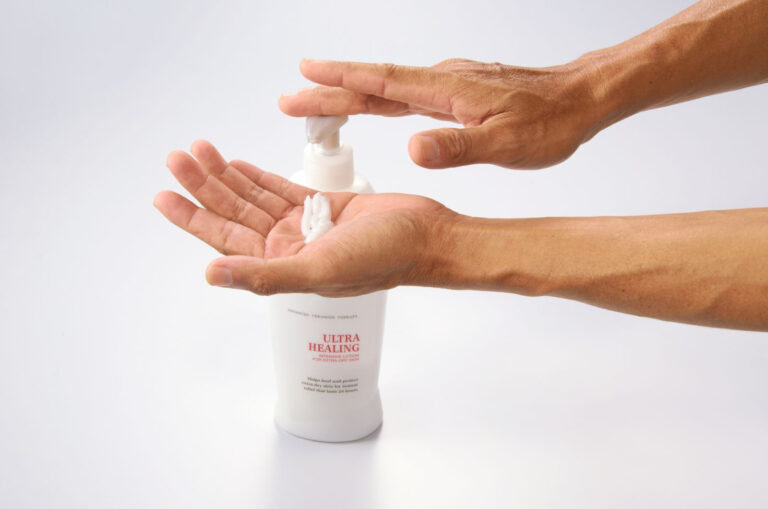
The problem with ‘Moisturize more
Why Isn’t Moisturizing Enough for Hydrated Skin?
Many people believe that applying more moisturizer is the key to combating dry skin. However, if the underlying causes of dehydration aren’t addressed, even the best moisturizers won’t be effective. Understanding why moisturizer alone isn’t enough can help improve skin hydration.
Common Reasons Your Skin Stays Dry Despite Moisturizing
- Lack of water intake: Hydrating from the inside is essential for healthy skin.
- Wrong moisturizer: Using the wrong formula for your skin type can lead to ineffective hydration.
- Skipping humectants: Ingredients like hyaluronic acid and glycerin help draw moisture into the skin.
- Overwashing or hot showers: Stripping the skin’s natural oils reduces moisture retention.
- No occlusive layer: Without an occlusive ingredient like petroleum jelly or squalane, moisture evaporates quickly.
How to Lock in Moisture Effectively
Use a hydrating serum with hyaluronic acid before applying moisturizer.
Choose the right moisturizer based on your skin type—gel for oily skin, cream for dry skin.
Seal hydration with occlusives like shea butter or ceramides to prevent water loss.
Drink enough water to maintain hydration from within.
Avoid excessive exfoliation to prevent barrier damage and moisture loss.
Conclusion: Hydration Requires More Than Just Moisturizer
While moisturizing is important, it’s not a standalone solution for dry skin. A complete hydration strategy includes proper water intake, the right skincare ingredients, and techniques to lock in moisture effectively.
Frequently Asked Questions (FAQs)
- Why does my skin feel dry even after applying moisturizer?
Your skin may need humectants, occlusives, or internal hydration to retain moisture effectively. - What ingredients should I look for in a hydrating skincare routine?
Hyaluronic acid, glycerin, ceramides, and occlusives like squalane or petroleum jelly help maintain moisture. - Can over-moisturizing be bad for my skin?
Yes, excessive moisturizer use without proper hydration balance can lead to clogged pores and barrier issues.

What latest Research Say
Why It’s Often Not Enough—What latest Research Say Many people believe that simply applying more moisturizer will solve dry skin problems. However, research shows that hydration is a complex process that involves multiple factors, including skin barrier function, hydration levels, and the types of moisturizers used.
Below are three key scientific studies that provide evidence-based insights into why moisturizing alone is often insufficient and what strategies truly work for effective skin hydration.
1. Understanding Skin Hydration and Moisturizing Ingredients To explore how different moisturizing ingredients impact skin hydration, read “Unraveling Skin Hydration: New Trends in Moisturizing Ingredients” by Duarte (2024). This study examines how ingredients like hyaluronic acid, ceramides, and glycerin influence skin hydration and barrier function. 
2. The Science Behind Moisturization and Skin Barrier Protection For insights into why simply applying a moisturizer isn’t enough to maintain hydration, refer to “The Clinical Benefit of Moisturizers” by Loden (2005). This research explains why hydration requires a balance of humectants, emollients, and occlusives, and how trans-epidermal water loss (TEWL) impacts skin moisture retention. 
3. The Role of Barrier Repair in Effective Hydration To understand how the skin barrier affects hydration and why some people continue experiencing dryness despite moisturizing, read “Skin Hydration: A Review on Its Molecular Mechanisms” by Verdier-Sévrain & Bonté (2007). This study discusses the importance of lipid organization, the role of ceramides, and the need for occlusives to seal in moisture. 
Key Takeaways:





Our Promise to You
We’re confident our products will transform your skin—but if you’re not completely satisfied, we’ve got your back. Simple as that. Try our products risk-free for 30 days. If you don’t love your results, reach out to our care team and we’ll make it right with a full refund. No questions asked, no complicated returns process. Because everyone deserves skincare that works.

